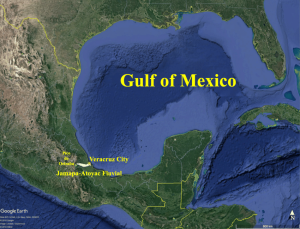US President Donald Trump's legal team is currently seeking $20m (£14m) in damages from adult film star Ms Stormy Daniels, on the basis of her breaking a non-disclosure agreement regarding an alleged affair with Trump in 2006.
Jonathan Compton, Partner at DMH Stallard, below provides Lawyer Monthly with his viewpoint on the Stormy Daniels NDA ordeal and the Federal Election Campaign Act of 1971.
It is not often that a commercial lawyer is called on to comment on the President of the United States, an actress in the Adult Entertainment industry and Confidentiality Agreements.
First of all, let us deal with some naming issues: A Confidentiality Agreement is an NDA and vice versa, the two names are used interchangeably.
When can you use an NDA? NDAs are useful tools and they are used every day in the world of commerce. Say you have an idea, you want to approach a third party with a view to the roll out or the commercial exploitation of your idea. You need a means of preventing that third party from running off with your idea and exploiting that idea for ends of their own. That much I venture is common sense.
The normal list of uses for NDAs are set out below. There are other uses but these, I suggest, are the most common:
- When you have a new employee and you want to protect company client lists, manufacturing processes or other confidential information.
- You have an idea and you need to share this on a secure basis with potential investors, licensees, manufacturers, or PR/marketing companies.
- You are selling a business. Confidential and valuable information must be disclosed as part of the process. Until the deal is completed, you need to make sure the information is secure.
- You have created an original art work and you want to control the distribution of the same more closely or with variations to the protections provided by the Copyright Designs and Patents Act 1988.
What are the limitations?
- First and foremost, only the parties to a contract are bound by it.
- You cannot restrain illegal behaviour.
So, if you have committed a criminal act, no NDA in the US or the UK will protect you. The argument in the US against the NDA entered into by Stephanie Gregory Clifford, professionally known as Stormy Daniels, Stormy Waters, or just “Stormy”, is that the monies promised or paid to her (and the issue of payment is disputed) was or amounted to an illegal campaign donation and this is a criminal act in the US. I stress that these allegations are vigorously denied by the White House and Mr Trump’s lawyer acting at the time of the agreement.
The illustration is an interesting one, though, and topical, to comment on the enforceability of NDAs to protect from the disclosure of criminal conduct.




















